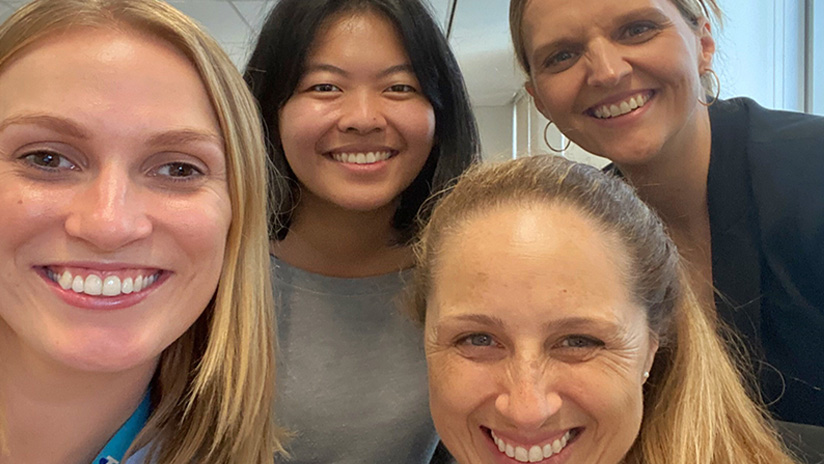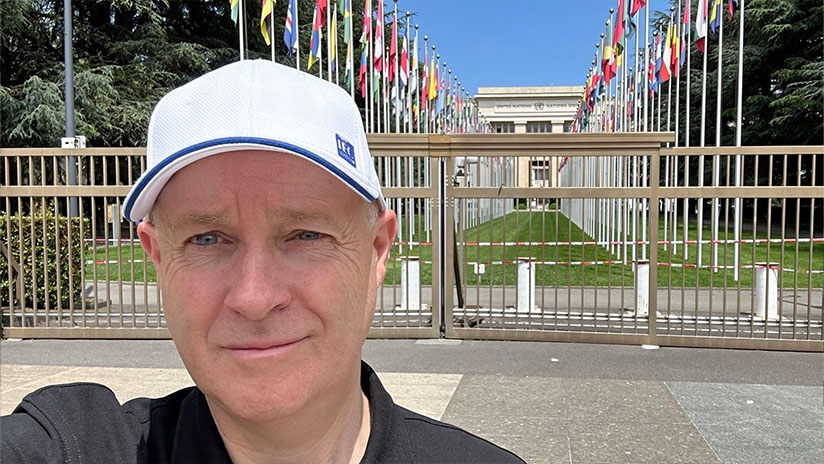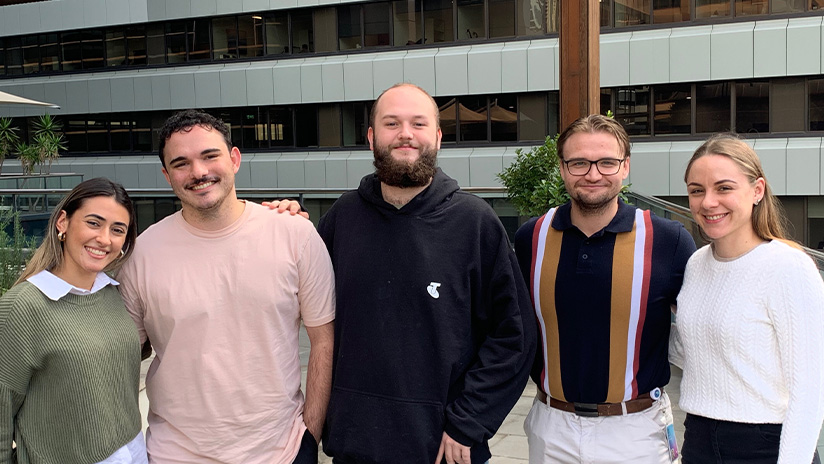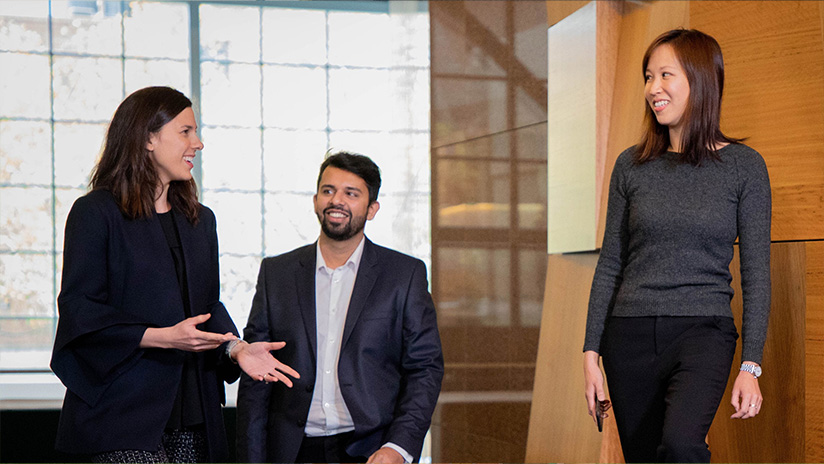Why Telstra’s grad experience has ticked all the boxes for me
What I wanted in a graduate program was a foundation of skills.

One big thing that stood out to me about the Telstra graduate program was the number of rotations and their attention to building skills that are transferable across jobs. To me, variety is a crucial element of a grad program, and it was something I sought when making my choice.
I also wanted to join a company that is diverse and inclusive and of course, I wanted to work with good people – because ultimately, people can make or break your experience. Between Telstra’s diversity and inclusion initiatives, a great buddy system and even better coworkers, I’ve felt like Telstra’s been the right choice in program.
I chose Telstra for a few reasons
I was confident Telstra would offer extensive learning and development opportunities because it’s such a big company with a big HR presence (my field!)
In the HR stream, I’m getting to rotate to a minimum of four areas. My three compulsory rotations are Case Management (which I loved and taught me foundational HR skills), Networks & IT (where I’m currently being given the opportunity to learn technical skills like financial modelling) and customer service (to understand the people we work for). Outside of these, we can select up to 2 other rotations. I love the vastness and flexibility!
I also chose Telstra because of its commitment to diversity and inclusion. A lot of companies claim to be diverse and inclusive, but they don’t follow through. The Early Careers Team followed through on their commitment when I did my internship here, so I knew it was more than just a marketing spiel and I’d be well-equipped during my program.
My Experience at Telstra so far
Even as my role has shifted online since March 2020, I still feel like I get to talk to a lot of people and am given plenty of networking opportunities at Telstra.
I also feel comfortable disclosing my disability to the people I work with and what’s great is that they give you the option of either personally telling them or having the Early Careers team disclose it for you. I don’t mind either (I chose to do it myself), but I do like that there is an option.

There was even a tick-box option to disclose if you require any adjustments or have a disability during the online assessment process. I remember being surprised that someone took the time to get back to me to discuss my needs, especially since I’d applied to many other companies where it was never even acknowledged. Then when I rolled into the grad program, one of the Early Careers people reached out to me and we had a chat about what I needed for about 40 minutes. They were super on it and when I started the program, all the adjustments I requested had been organised. It made me feel so comfortable here – they really see the human before anything else.
Today I’m part of an employee resource group called TelstrAbility. It consists of recruiters, senior executives and human resource specialists, and is a central point of contact and advocacy for employees living with a disability and their allies. It’s a great safe space and you can join even if you don’t have a disability!
Selecting the right graduate program for you is key
Picking the right roles for your graduate experience can be tricky, but the good thing about grad programs is that they usually involve rotations – so you can ideally find the right fit for you in the process.
If you are someone who needs specific support, I would advise doing a little bit of research into the diversity and inclusion policies of the companies you’re interested in. Don't take a website page as a sign a company is inclusive, because unfortunately it’s not always the case.
I would definitely recommend doing an internship first if possible, as it's a really great insight into a company. It’s a great way to test the water, including gauging their diversity and inclusion practices and it’ll let you know whether or not you really want to commit to the grad program. It goes two ways!
For my own situation, it’s really important to have certain adjustments so I always tick the disability box, but that’s a personal decision. I think you figure out what works best for you as you go along. And if you’re getting bad vibes about an organisation, just move on.
So far, Telstra’s been a great place for me to learn and grow. Between the experience options and technical skill opportunities, the graduate program feels like the best start for a career in HR inside or outside of Telstra.
Become a Telstra graduate! Find out more here.


